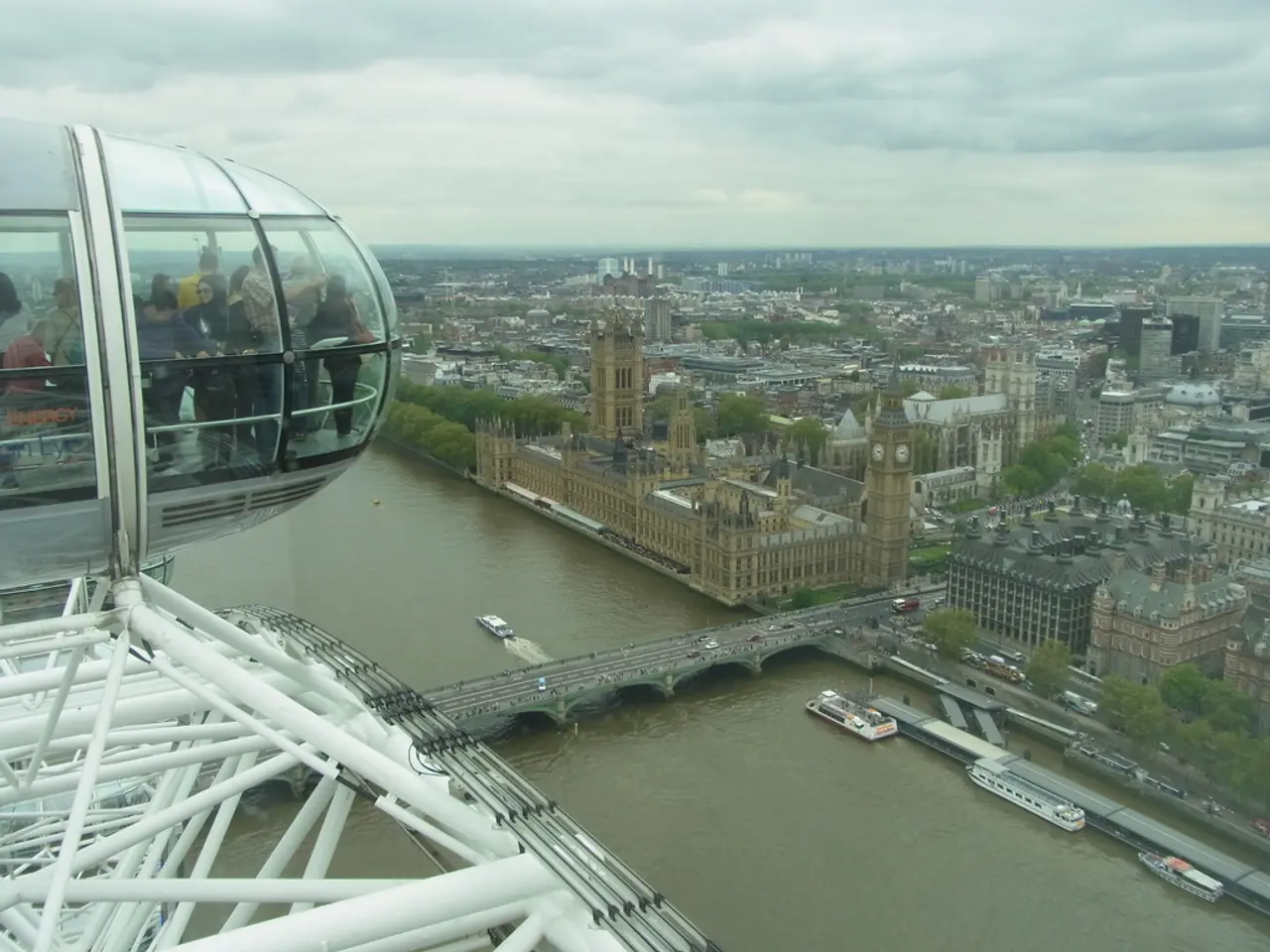Trump seeks permission from the U.S. Supreme Court to implement a policy that potentially allows for the withdrawal of legal status from migrants.
Trump's former administration took a swipe at the Supreme Court last week, asking for intervention in their attempts to snatch the temporary legal status of hundreds of thousands of Venezuelan, Cuban, Haitian, and Nicaraguan migrants residing in the States. The Justice Department requested the justices to halt Boston-based District Judge Indira Talwani's decision, preventing the administration's move to ditch the immigration "parole" granted under President Biden.
This gradual deportation process is a piece of Trump's aggressive immigration policies. Immigration parole, as defined under U.S. law, permits migrants to be in the nation "for urgent humanitarian reasons or significant public benefit," approving American residency and employment.
In their plea to the Supreme Court, the Justice Department lawyers slammed Talwani's decision, claiming it thwarted "crucial immigration policies carefully designed to detract illegal immigration," effectively "nullifying democratically approved policies crucial to Trump's re-election victory."
In an executive order signed on January 20, Trump set out to abolish such programs. The Department of Homeland Security followed suit, aiming to kill off these policies by March, cutting short the two-year parole grants for approximately 400,000 people.
Defending the migrants, Karen Tumlin, director of the immigrant rights legal group Justice Action Center, alleged, "The Trump administration is dead-set on punishing nearly half a million people who followed the government's protocol." She emphasized, "Everyone – sponsors, recipients, communities, and the economy – benefit from humanitarian parole."
The Supreme Court demands the plaintiffs' response by May 15th. This request is merely the latest in an avalanche of emergency petitions initiated by the Trump administration to dismantle court orders restraining their far-reaching policies, including several targeting immigrants.
Whereas Biden initially allowed Venezuelans to apply for the two-year parole via air travel with a financial sponsor and security checks, he later added Cubans, Haitians, and Nicaraguans to the program. In total, around 530,000 people benefited from the parole under the Biden administration.
The Trump administration argues that revoking the parole status aids in placing migrants into a swift deportation process dubbed "expedited removal." The court battle rages on as the migrants proclaim the government is in violation of federal law controlling agency actions, while the administration maintains their authority to terminate the parole.
- The Trump administration is challenging the temporary legal status of hundreds of thousands of migrants, including Venezuelans, Cubans, Haitians, and Nicaraguans, by attempting to terminate the immigration parole granted under President Biden.
- In their appeal to the Supreme Court, the Department of Justice accused Judge Indira Talwani of nullifying democratically approved policies that were crucial to Trump's re-election campaign by preventing the administration's move to terminate the immigration parole.
- The Trump administration's plea to the Supreme Court also criticized Judge Talwani for thwarting "crucial immigration policies carefully designed to detract illegal immigration."
- If successful, the Trump administration's policy could lead to the deportation of approximately 400,000 people who received 2-year parole grants under the Biden administration.








